Related Research Articles

Arthur Asher Miller was an American playwright, essayist and screenwriter in the 20th-century American theater. Among his most popular plays are All My Sons (1947), Death of a Salesman (1949), The Crucible (1953), and A View from the Bridge (1955). He wrote several screenplays, including The Misfits (1961). The drama Death of a Salesman is considered one of the best American plays of the 20th century.
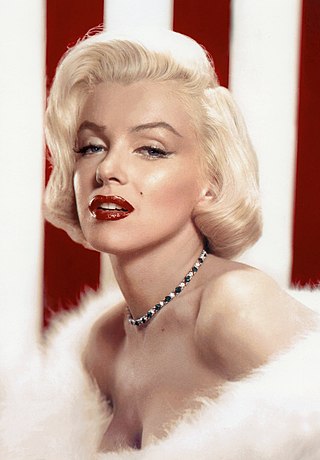
Marilyn Monroe was an American actress and model. Known for playing comic "blonde bombshell" characters, she became one of the most popular sex symbols of the 1950s and early 1960s, as well as an emblem of the era's sexual revolution. She was a top-billed actress for a decade, and her films grossed $200 million by the time of her death in 1962. Long after her death, Monroe remains a pop culture icon. In 1999, the American Film Institute ranked her as the sixth-greatest female screen legend from the Golden Age of Hollywood.
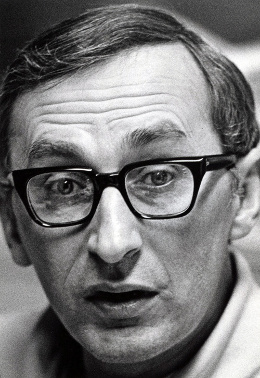
Michael Royko Jr. was an American newspaper columnist from Chicago. Over his 30-year career, he wrote over 7,500 daily columns for the Chicago Daily News, the Chicago Sun-Times, and the Chicago Tribune. A humorist who focused on life in Chicago, he was the winner of the 1972 Pulitzer Prize for commentary.

Nachem Malech Mailer, known by his pen name Norman Kingsley Mailer, was an American novelist, journalist, playwright, and filmmaker. In a career spanning more than six decades, Mailer had 11 best-selling books, at least one in each of the seven decades after World War II.

John Nicholas Cassavetes was a Greek-American filmmaker and actor. He began as an actor in film and television before helping to pioneer modern American independent cinema as a writer and director, often producing and distributing his films with his own money. He received nominations for three Academy Awards, two BAFTA Awards, four Golden Globe Awards, and an Emmy Award.
Marilyn vos Savant is an American magazine columnist who has the highest recorded intelligence quotient (IQ) in the Guinness Book of Records, a competitive category the publication has since retired. Since 1986, she has written "Ask Marilyn", a Parade magazine Sunday column wherein she solves puzzles and answers questions on various subjects, and which popularized the Monty Hall problem in 1990.

LA Weekly is a free weekly alternative newspaper in Los Angeles, California. The paper covers Los Angeles music, arts, film, theater, culture, concerts, and events. LA Weekly was founded in 1978 by, among others, Jay Levin; he served as the publication's editor from 1978 to 1991 and its president from 1978 to 1992.

James Hillman was an American psychologist. He studied at, and then guided studies for, the C.G. Jung Institute in Zürich. He founded a movement toward archetypal psychology and retired into private practice, writing and traveling to lecture, until his death at his home in Connecticut.
"Young at Heart" is a pop standard ballad with music by Johnny Richards and lyrics by Carolyn Leigh.

Andrew O'Hagan is a Scottish novelist and non-fiction author. Three of his novels have been nominated for the Booker Prize and he has won several awards, including the Los Angeles Times Book Prize.
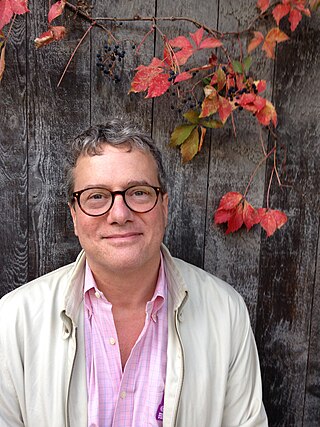
Timothy Robert Noah is an American journalist, author, and a staff writer at The New Republic. Previously he was labor policy editor for Politico, a contributing writer at MSNBC.com, a senior editor of The New Republic assigned to write the biweekly "TRB From Washington" column, and a senior writer at Slate, where for a decade he wrote the "Chatterbox" column. In April 2012, Noah published a book, The Great Divergence, about income inequality in the United States.
Archetypal psychology was initiated as a distinct movement in the early 1970s by James Hillman, a psychologist who trained in analytical psychology and became the first Director of the Jung Institute in Zürich. Hillman reports that archetypal psychology emerged partly from the Jungian tradition whilst drawing also from other traditions and authorities such as Henry Corbin, Giambattista Vico, and Plotinus.
Michael David Herr was an American writer and war correspondent, known as the author of Dispatches (1977), a memoir of his time as a correspondent for Esquire (1967–1969) during the Vietnam War. The book was called "the best book to have been written about the Vietnam War" by fellow author C.D.B. Bryan in his review for The New York Times Book Review. Novelist John le Carré called it "the best book I have ever read on men and war in our time."

On the evening of August 4, 1962, American actress Marilyn Monroe died at age 36 of a barbiturate overdose inside her home at 12305 Fifth Helena Drive in Brentwood, Los Angeles, California. Her body was discovered before dawn the following morning, on August 5. Monroe had been one of the most popular Hollywood stars during the 1950s and early 1960s, and was a top-billed actress for the preceding decade. Her films had grossed $200 million by the time of her death.
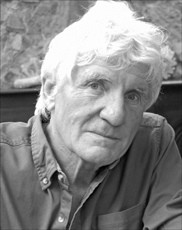
Anthony Bruce Summers is an Irish author. He is a Pulitzer Prize Finalist and has written ten non-fiction books. He worked for the BBC in current affairs coverage as a producer and then as an assistant editor of the long-running investigative documentary series Panorama. His first book was published in 1976.
Richard Ira "Rick" Klaw, is an American editor, essayist, and bookseller.
Mary Willis Walker was an American crime fiction author.

How to Be Very, Very Popular is a 1955 American comedy film written, produced and directed by Nunnally Johnson. The film starred Betty Grable in her final film role and Sheree North in her first leading role.
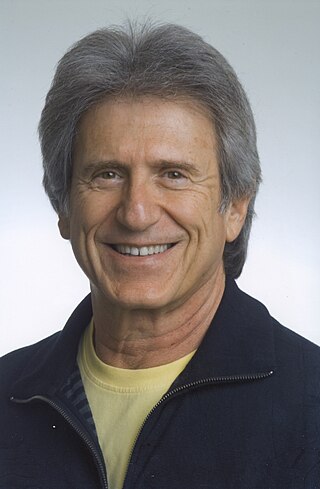
Michael Ochs is an American photographic archivist best known for his extensive collection of pictures related to rock music dating back to the 1950s and 1960s. The Michael Ochs Archives, located in Venice, California, contained 3 million vintage prints, proof sheets and negatives which were licensed daily for use in CD reissues, books, films and documentaries.
Berniece Inez Gladys Miracle was an American writer, known for her memoir My Sister Marilyn (1994) about her half-sister, actress Marilyn Monroe.
References
- ↑ "Michael Ventura". Movies & TV Dept. The New York Times . 2009. Archived from the original on November 19, 2009.
- ↑ Ventura, Michael (July 30, 2017). If I Was a Highway. Lubbock, Texas: Texas Tech University Press. ISBN 1682830101.
- ↑ Ventura, Michael (April 1, 2008). Cassavetes Directs. Harpenden, UK: Old Castle Books. ISBN 1842432281.
- ↑ Ventura, Michael (April 1, 2008). Marilyn Monroe: From Beginning to End – Newly Discovered Photographs by Earl Leaf from the Michael Ochs Archive. London, UK: Blandford. ISBN 0713727381.
- ↑ Canby, Vincent (April 26, 1986). "Film: 'Echo Park,' With Tom Hulce". The New York Times .
- ↑ "Roadie". The New York Times. Archived from the original on March 9, 2010. Retrieved April 2, 2020.